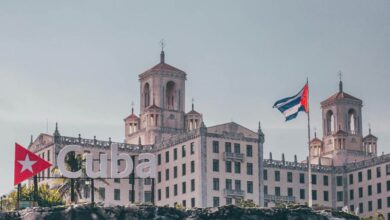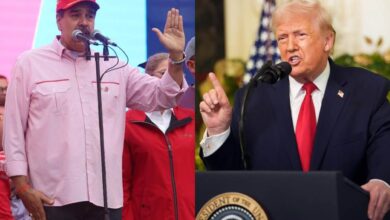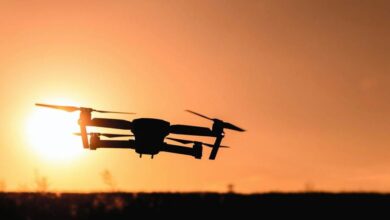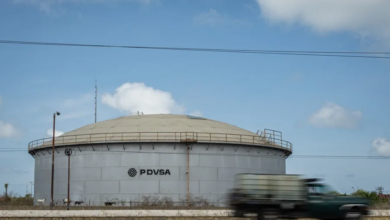World Economic Forum 2019: Bolsonaro in the spotlight
Listen this article
Every year the most important leaders, economists and businesspeople of the world meet in the Swiss Alps, this year, Brazil will be the protagonist

Despite what its name seems to indicate, the World Economic Forum is not an annual event; it is a non-governmental organization dedicated to promoting dialogue between companies, governments, and people. It is funded by its 1,000 member companies, multinationals with more than $5,000 million in annual returns and always intends to be impartial, retaining its independence of national and political interests.
Leer en español: Foro Económico Mundial 2019: ¿Qué será de Bolsonaro en Davos?
The organization had existed, although with different characteristics, since 1971, but gained international relevance after 1988, when it began to organize the annual meeting of the forum in the alpine village of Davos in Switzerland.
Since then the meeting became synonymous with power. The World Economic Forum invites not only the most prominent figures of its 1,000 member companies, some of the most influential people in the business world, but also makes sure to invite presidents and heads of state, economists and journalists.
The result is the concentration of the individuals with the most significant decision-making power in the world economy in a town of just 10,000 inhabitants. In the 2018 edition of the meeting in Davos, 3,000 guests from 110 countries gathered to participate in 400 events. Around these dates during the past year, a third of the population of Davos consisted of key figures of the world economy.
Bolsonaro will have to talk
Among the events that most attract the attention of attendees is the debut on the international stage of the recently inaugurated Brazilian president, Jair Bolsonaro. His incendiary rhetoric and his strong inclination towards the political right have the world on the lookout because it represents a radical change in the politics of Brazil, one of the most important emerging economies in the world.
Among the main topics are climate change, migration, and human rights, three issues in which Bolsonaro's statements have always been controversial.
However, it should not be anticipated that Bolsonaro's goal in Davos is to please or even to converse around these issues. Bolsonaro's agenda will undoubtedly revolve around the enrichment of his country, for Davos it will not be a diplomatic scenario as much as it will be an investment scenario.
The favorable response of the stock exchanges and the investors before their arrival to the power, motivated by their promises of privatization and a free market, have caused that the owners of the capital return to consider Brazil like the destiny of investment. Bolsonaro's participation in the future of investment in Brazil is vital, and Davos represents his first opportunity to demonstrate that, during his government, Brazil will provide an ideal environment for private investment capital.
Read also: Bolsonaro's arrival gives security to Wall Street
Before his public presentation, Bolsonaro spoke with journalists, demonstrating his intention to communicate to the world the appearance of what he calls a 'New Brazil.'
"Brazil is taking measures to recover the world's trust in us, we want business between Brazil and the world to flourish again, but not be guided by ideology," Bolsonaro told Al-Jazeera.
"We are going to show that we are a safe country for investment, especially in the area of agro-industry, which is very important for us," he said.
Notable absent
During this year's meeting, three weight absences will be noted. In the first place, Donald Trump, who gave the main speech of the event last year, has canceled his attendance before the closure of the United States government. With him will remain the rest of the United States delegation invited to Davos, Secretary of State Mike Pompeo and Treasury Secretary Steven Mnuchin.
Theresa May will also remain in London in the middle of the political crisis that happened her plan to run the Brexit, between a vote of no confidence and a division between the same parties that supported leaving the European Union, May must face the parliament.
On the other hand, the president of France, Emmanuel Macron, also announced that he would not attend, presumably not to shake the protesters of the 'yellow vests,' who would not like to see their president squeezing the hands of businessmen and high capitalists profile.
Finally, there will be the absence of Chinese President Xi Jinping, who has economic issues to deal with at home, particularly in regards to the economic slowdown in his country. Nor will Indian President Narendra Modi attend, who is in the midst of a re-election campaign.
LatinAmerican Post | Pedro Bernal
Translated from "Foro Económico Mundial 2019: ¿Qué será de Bolsonaro en Davos?"





